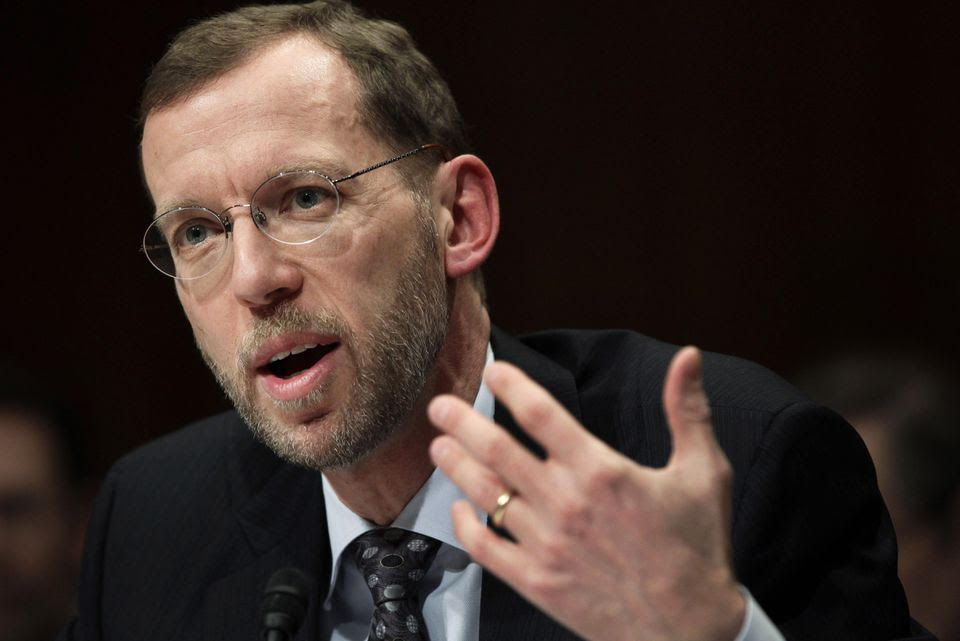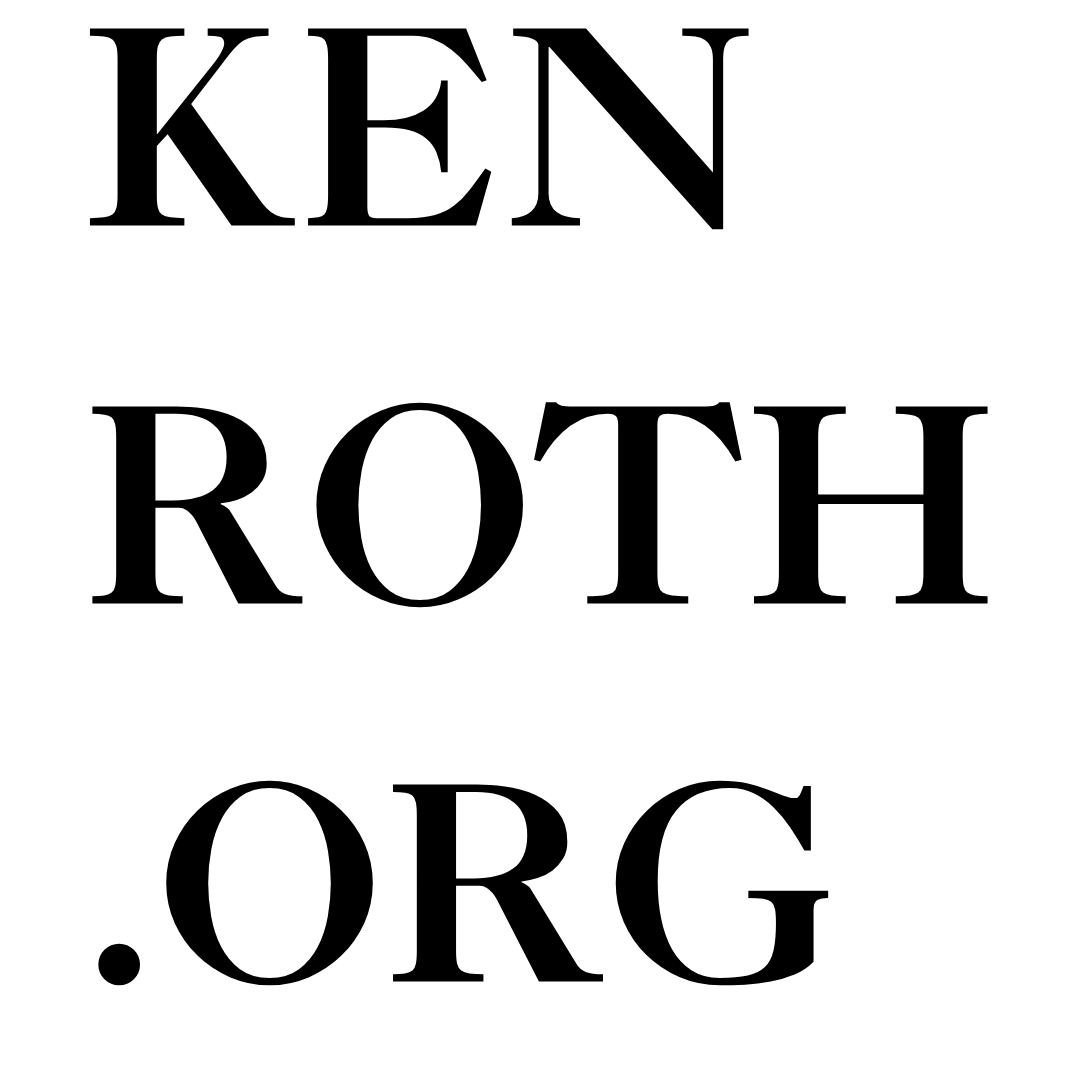Human Rights Watch and I seem to be objectionable to Douglas Elmendorf, dean of Harvard Kennedy School, precisely because we are impartial observers, which gives our criticism of Israel greater weight.

The Harvard Kennedy School’s Diversity Statement says the school “welcomes new ideas — even unpopular and controversial ones,” so they can be debated “in an environment of mutual respect.” Sadly, that laudable statement does not seem to extend to Israel. At least that is the unfortunate conclusion that I draw from Dean Douglas Elmendorf’s veto of a human rights fellowship for me because of my criticism of Israel.
The stakes are far greater than my own situation. Having directed Human Rights Watch for three decades, I am fortunate to have plenty of other career opportunities. But the message to younger scholars is devastating. Unless Harvard makes amends, those scholars will be left to fear that criticism of Israel — or commentary on other controversial topics — can be a career killer. That is not what Harvard should stand for.
Shortly after I announced that I would be leaving Human Rights Watch, the Kennedy School’s Carr Center for Human Rights Policy reached out to me to see whether I would be interested in spending a year with them as a senior fellow. It seemed like a good place for me to work on a book about human rights advocacy, so I agreed in principle. The only remaining step needed was approval from the dean, which we all presumed would be a formality.
But a couple of months later, two directors of the Carr Center called me and said that Elmendorf had vetoed my fellowship because of my, and Human Rights Watch’s, criticism of Israel. Elmendorf confirmed that rationale to Professor Kathryn Sikkink, a highly respected human rights scholar associated with the Kennedy School.
I was shocked by this explanation. Obviously, we had criticized Israel. We would have been derelict in our responsibilities as defenders of human rights if we had not.
Israel is one of 100 countries on whose human rights record Human Rights Watch regularly reports. Human Rights Watch uses the same careful, fact-based reporting, and applies the same international human rights and humanitarian law, as in those other countries.
And as in any wartime situation, Human Rights Watch reports on all sides of the Israel-Palestinian conflict. That means criticism of not only the Israeli government but also the Palestinian Authority, Hamas, and Hezbollah.
Elmendorf has welcomed as fellows former Israeli prime ministers Ehud Barak and Tzipi Livni and Major General Amos Yadlin, former chief of Israeli military intelligence. The Kennedy School’s Wexner Israel Fellowship annually brings in 10 Israeli officials. And Elmendorf occasionally allows a Palestinian voice, such as Saeb Erekat, the former Palestine Liberation Organization chief negotiator. But these are all partisan officials. Human Rights Watch and I seem to be objectionable to the dean precisely because we are impartial observers, which gives our criticism of Israel greater weight.
Elmendorf has no known public position on Israel, so there is no basis for concluding that personal prejudice was at play. Rather, he told the Carr Center that people “who mattered to him” objected.
An investigation by The Nation suggests what might have gone on. It turns out that certain major donors to the Kennedy School are big supporters of Israel. I don’t know whether Elmendorf consulted with one or more of them, or just anticipated their reaction, but donor influence seems to be the most likely explanation. Although this possibility of donor-driven censorship has been discussed widely in the media, a Kennedy School spokesperson “did not deny” any of the “specific allegations” that I had been making, according to the Harvard Crimson.
The Kennedy School’s policy on “transparent” fundraising vows that donors “would not interfere with HKS’s intellectual independence.” But Elmendorf has been silent onwhether donors were behind his rejection of my fellowship.
Because Harvard’s credibility is at stake, President Lawrence Bacow should get involved. Does he really want to leave the impression that Harvard donors can undermine academic freedom?
When I headed Human Rights Watch, I acknowledged that I would never be able to attract donors who want to exempt their favorite country from our scrutiny. That would violate our core principle of equal application of international human rights standards.
Harvard should do the same for educational principles. As the wealthiest university in the world, it can certainly afford to take a principled stand with donors.
To dispel any doubt about its commitment to academic freedom, Harvard should clarify that it will not accept contributions from any donor who tries to use a gift to undermine academic freedom, and it will prohibit administrators from penalizing academics in response to expressed or feared donor objections. That would at least make something positive of this sorry episode.
IMAGE DESCRIPTION: Douglas Elmendorf, dean of Harvard Kennedy School. CHARLES DHARAPAK
This article was written by Kenneth Roth and published by The Boston Globe on January 17, 2023. You can also read it here bostonglobe.com.
